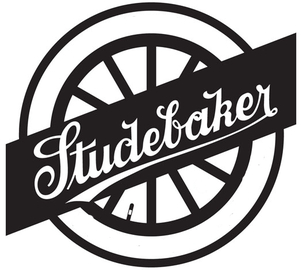Erskine
Brand
The Studebaker subsidiary brand Erskine was named after Studebaker's then president Albert Russel Erskine, manufactured in South Bend, Indiana from 1927-1930.
During his term as president, Erskine encouraged Studebaker engineers to develop advanced engines. As a result, the company achieved numerous racing wins and a bigger share of the upper-price market. This left Studebaker without an entry level automobile in the United States, and Erskine, who had always been fascinated by smaller European vehicles, saw market potential in a short-wheel-base compact car, especially if it could expand Studebaker's presence in the European market. The Erskine Six was therefore first launched in Paris.
Subject ID: 1301
MoreThe Studebaker subsidiary brand Erskine was named after Studebaker's then president Albert Russel Erskine, manufactured in South Bend, Indiana from 1927-1930.
During his term as president, Erskine encouraged Studebaker engineers to develop advanced engines. As a result, the company achieved numerous racing wins and a bigger share of the upper-price market. This left Studebaker without an entry level automobile in the United States, and Erskine, who had always been fascinated by smaller European vehicles, saw market potential in a short-wheel-base compact car, especially if it could expand Studebaker's presence in the European market. The Erskine Six was therefore first launched in Paris.
Studebaker marketing suggested that the Erskine become a larger car which, when implemented, grew the wheelbase from 110 inches to 115 inches. The Erskine was no longer small, and became more like its Studebaker brethren. Ultimately, the Erskine was absorbed into Studebaker by May 1930. A little over a year later, Studebaker would try again with the 1931 Rockne brand automobile.
However Erskine also encouraged the payment of stockholder dividends from Studebaker’s capital reserves as the depression deepened; this inflated the value of the stock, and eventually weakened the company. In addition to the two failed marques he created (Rockne and Erskine), Erskine also had purchased luxury car maker Pierce-Arrow during the high rolling 1920s, which had to be sold off to investors as a means of improving cash flow.
Subject ID: 1301
Subject ID: 1301
